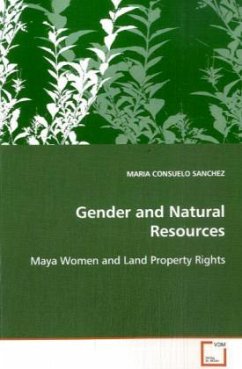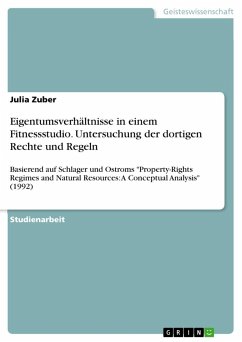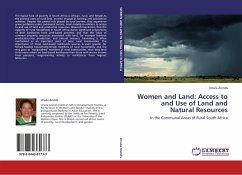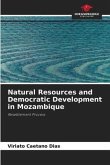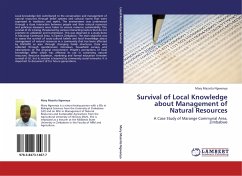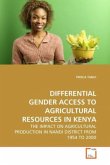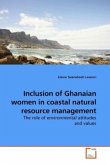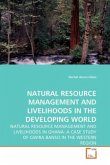Article 27 of the Mexican Agrarian Law (1992)
modified property rights in land with the goal of
modernizing and developing the agrarian sector. In
order to determine changes in property rights, formal
and informal property rights institutions were
compared prior to and following the granting of legal
rights in land to women in 1971 and the alienation of
ejido land in 1992 subsequent to Article 27.
Productive spaces and forests (k ax) supply food and
products needed for survival in the region, as well
as natural resources with market potential.
Productive spaces, their users, and their purposes
are multiple. The relationships between productive
spaces, the family and the ejido are dynamic, and are
constantly constructed, maintained and negotiated.
Property rights in the ejido of Xmaben changed little
following the Agrarian Land Reform provisions
contained in Article 27. Women and men continue
working in a complementary manner while assuring the
sustainable use of their forests. The ejido resisted
parcelization, ownership continues under a communal
regime, and natural resource management exhibits an
orientation to conservation and sustainability.
modified property rights in land with the goal of
modernizing and developing the agrarian sector. In
order to determine changes in property rights, formal
and informal property rights institutions were
compared prior to and following the granting of legal
rights in land to women in 1971 and the alienation of
ejido land in 1992 subsequent to Article 27.
Productive spaces and forests (k ax) supply food and
products needed for survival in the region, as well
as natural resources with market potential.
Productive spaces, their users, and their purposes
are multiple. The relationships between productive
spaces, the family and the ejido are dynamic, and are
constantly constructed, maintained and negotiated.
Property rights in the ejido of Xmaben changed little
following the Agrarian Land Reform provisions
contained in Article 27. Women and men continue
working in a complementary manner while assuring the
sustainable use of their forests. The ejido resisted
parcelization, ownership continues under a communal
regime, and natural resource management exhibits an
orientation to conservation and sustainability.

